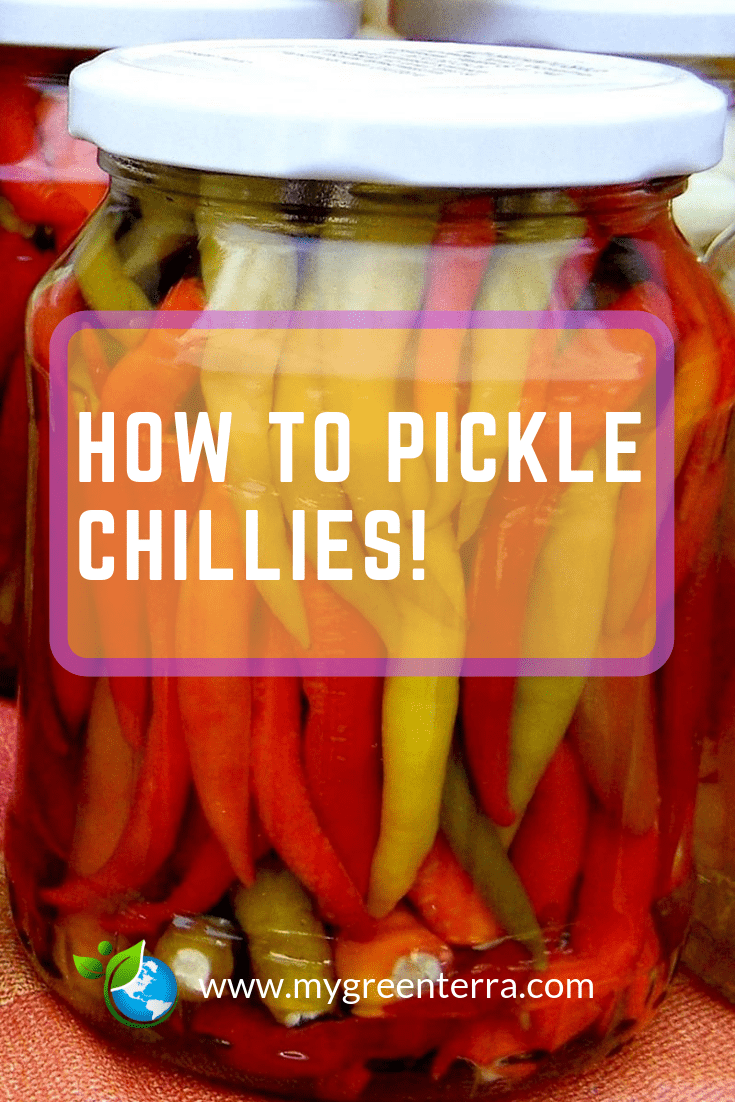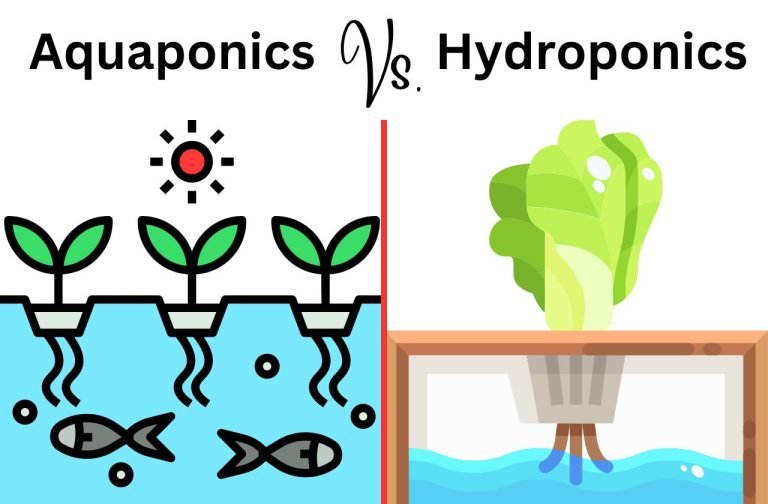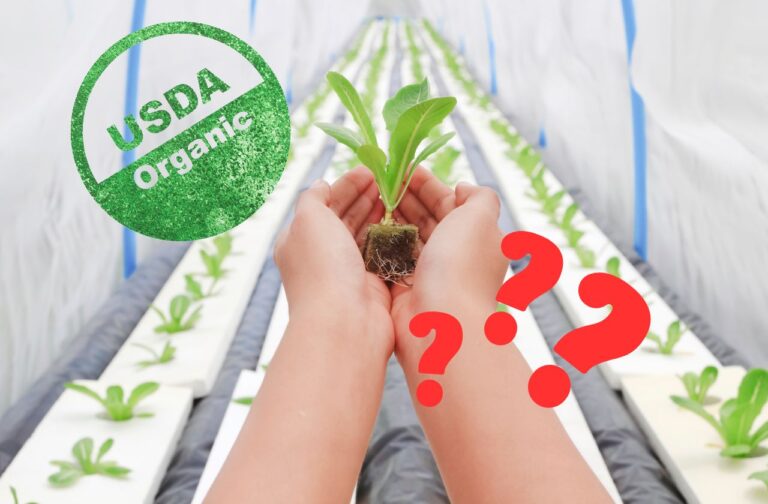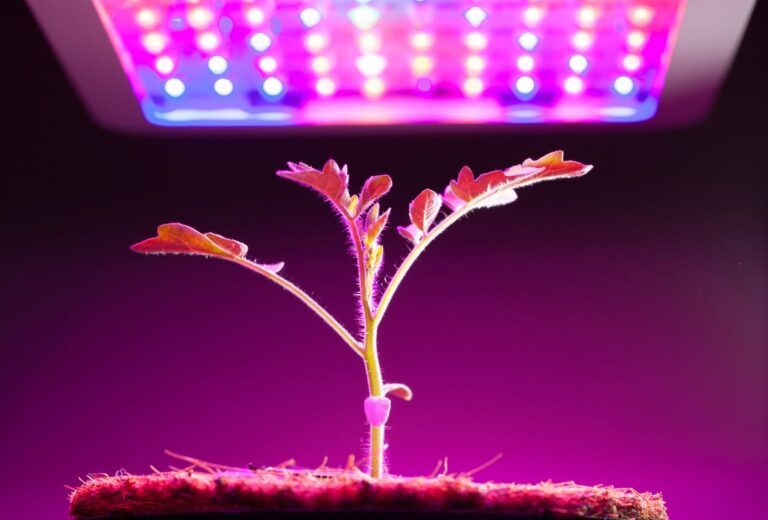How To Pickle Chillies
I get commissions for purchases made through links in this post. View our Affiliate Disclaimer.
Pickling is a great way to preserve excess produce for later use. This easy guide on how to pickle chillies is one of many ways to preserve your excess chillies.
There are many other ways of preserving chillies such as drying them out, fermenting them or preserving them in oil. We have an entire post dedicated to the many other methods of preserving chillies.
The great thing about the pickling process is that the chillies will remain crisp and retain their heat. Another advantage to this method is that it works for most types of chillies, from the fleshier bishops hat and jalapenos to the less fleshier varieties like the birds eye chili.
Let’s get down to business and start our step-by-step guide to pickling chillies, and learn how to make pickled chillies at home. This is one of my favorite methods of preserving chillies because the flavor and heat of the chilli peppers are retained.
How To Pickle Chillies – Ingredients
The ingredients for this recipe for preserving chillies are really basic. You probably have most of them in your kitchen already!
You will need:
- 1lb (0.5kg) chillies
- 6 tablespoons salt
- Water (use filtered water that is chlorine-free)
- 15 peppercorns,
- 5 bay leaves and 3 tblsp salt and pack into pre-sterilised wide-mouthed jars, to 1cm below the rim.
- 1L (2 pints) white wine or rice vinegar or cider vinegar
- 6 tablespoons castor sugar
- Wide mouth mason jars
How To Pickle Chillies – Method
The method to pickle the chillies is really easy and does not take up a lot of time!
- Sterilise the mason jars by heating them in an oven for 10 minutes at 100 C (200F). Then remove from the oven (carefully because they will be hot) and let them cool.
- Remove any bruised or damaged chillies.
- Using a sharp knife, make a few small slits in the sides of each chilli. You may want to wear gloves for this. The purpose of the slits is to allow the pickling juice to penetrate the chilli.
- Make a saltwater solution by dissolving 3 tablespoons of the salt in filtered water. Wash the chillies thoroughly in the saltwater. This helps to prevent mould from forming.
- Mix the chillies in a bowl with the peppercorns, bay leaves, the remaining 3 tablespoons of salt.
- Pack the chilli mixture into sterilized wide-mouth mason jars to 1cm (0.5 in) below the rim.
- Heat the 1-litre white wine, rice or cider vinegar together with 6 tablespoons caster sugar until the sugar has dissolved and the mixture is almost boiling.
- Pour into the jars with the chillies, cool a little and seal.
- Refrigerate and leave for at least 2 weeks.
Remember to write a date on the mason jar so you know how long they have been in the fridge!
How To Use Your Pickled Chillies
The uses for homemade pickled chillies are wide and varied! You use the chillies themselves, or you can use the pickle juice to add flavour to a variety of dishes. Here are a few ideas to get your started.
- When frying chicken, just before it is done, add some chilli pickle juice to the pan. The chicken will absorb the juice, adding flavour. Add additional juice to the pan to make a quick pan sauce for the chicken.
- Use the pickled chilli as a pizza topping to add some heat and great flavour!
- Chop up some pickled chilli and add to a pesto
- Incorporate some of the pickle juice into a salad dressing.
- The pickled chillies make a great condiment for cold meat sandwiches
Some Final Tips
Remember that pickled chillies retain their heat, so if you can handle the heat by all means use hot chillies. If you prefer a milder chili flavour, choose a milder variety for pickling, such as the Yellow Wax pepper (banana pepper), or the Anaheim pepper varieties.

Get more posts like this
Subscribe to our mailing list and get interesting homesteading and green living info and updates to your email inbox.
Thank you for subscribing.
Something went wrong.









What a good idea!
Great info, I am going to try this soon, thanks!!
This sounds so delicious! I don’t think I would go to the effort (I don’t cook too much), but boy it sounds wonderful!!
Good information- thank you! Do you think I could do the same with Jalapeno Peppers?